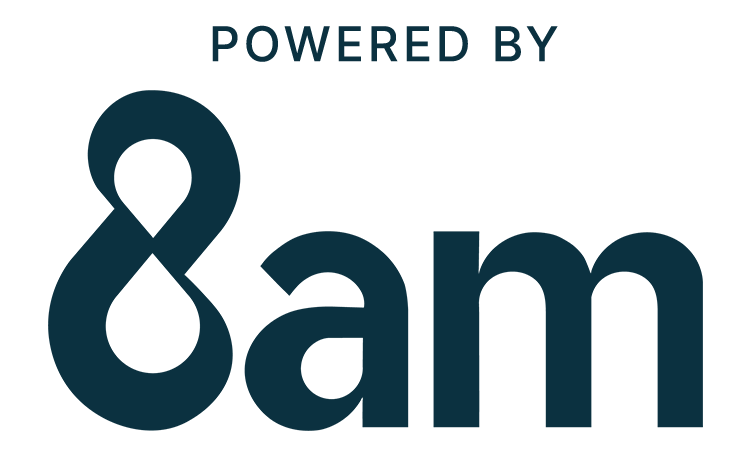
Illinois 2-1401 Relief
Illinois 2-1401 Relief
Illinois Code of Civil Procedure Section 2-1401 petitions provide a mechanism for seeking relief from final judgments more than 30 days after entry, including criminal convictions and sentences based on newly discovered evidence, fraud, or constitutional violations. These petitions require detailed factual allegations, supporting documentation, and legal arguments demonstrating that extraordinary circumstances warrant reconsideration of final judgments otherwise protected by principles of finality and res judicata. Illinois courts apply rigorous standards, requiring petitioners to demonstrate reasonable diligence, meritorious claims, and prejudice resulting from the alleged errors or newly discovered facts.
Section 2-1401 Requirements and Scope
Illinois Section 2-1401 allows relief from final orders more than 30 days old based on newly discovered evidence that was not available at trial through reasonable diligence, fraud, or other circumstances that prevented fair adjudication. Courts evaluate whether petitioners exercised reasonable diligence in discovering new grounds for relief, whether claims are meritorious and supported by evidence, and whether petitioners suffered prejudice from the errors or circumstances alleged. This remedy extends beyond criminal cases to civil judgments but serves as an important collateral attack mechanism when post-conviction remedies are unavailable or have been exhausted.
How Our Firm Helps
Our firm guides clients through Illinois's complex post-judgment relief process by conducting comprehensive case reviews to identify due process violations, ineffective assistance of counsel, newly discovered exculpatory evidence, or fundamental errors that prevented fair adjudication of rights. Skilled appellate counsel familiar with Illinois post-conviction procedure ensures compliance with all technical requirements while crafting persuasive legal arguments supported by affidavits, documentary evidence, and case law demonstrating entitlement to Section 2-1401 relief. By maintaining close communication with clients and conducting independent investigations when necessary, our firm develops compelling petitions that meet Illinois's stringent standards for overcoming the finality of judgments.
Attorney David Lewarchik's twenty-plus years of experience handling Illinois post-judgment petitions provides clients with sophisticated representation grounded in comprehensive understanding of Section 2-1401 requirements. Mr. Lewarchik is a graduate of a top law school, which equipped him with elite legal education and exceptional analytical abilities. As a former clerk and staff attorney for the Illinois appellate court, Mr. Lewarchik gained invaluable insight into how Illinois judges evaluate post-judgment petitions and what evidence proves reasonable diligence, meritorious claims, and prejudice. Having handled over 200 appeals and post-conviction matters throughout his distinguished career, our firm brings proven expertise in identifying constitutional violations, gathering supporting evidence, and presenting persuasive legal arguments that satisfy Illinois's rigorous Section 2-1401 standards. Whether seeking to vacate wrongful convictions, correct illegal sentences, or obtain new trials based on newly discovered evidence, our extensive experience and insider judicial perspective provide strong advocacy for post-judgment relief in Illinois courts.
Frequently Asked Questions
What is the 30-day requirement under Section 2-1401?
Section 2-1401 applies to final orders or judgments entered more than 30 days ago that cannot be modified through other post-trial motions. This ensures the remedy addresses truly final judgments where ordinary post-trial relief is no longer available.
What does "reasonable diligence" mean in 2-1401 petitions?
Reasonable diligence requires demonstrating that the petitioner acted promptly upon discovering grounds for relief and could not have discovered the information earlier through reasonable investigation. Courts scrutinize whether petitioners exercised appropriate effort to uncover facts at the time of trial or earlier proceedings.
Can Section 2-1401 be used for criminal convictions?
Yes, Section 2-1401 petitions can challenge criminal convictions and sentences, particularly when other post-conviction remedies are unavailable or exhausted. However, petitioners must still satisfy all three requirements: reasonable diligence, meritorious claims, and prejudice.
What types of evidence support 2-1401 petitions?
Successful 2-1401 petitions typically include affidavits from witnesses, documentary evidence not available at trial, expert reports, newly discovered exculpatory evidence, or proof of fraud or constitutional violations. All evidence must be accompanied by explanations of why it was not available earlier despite reasonable diligence.


